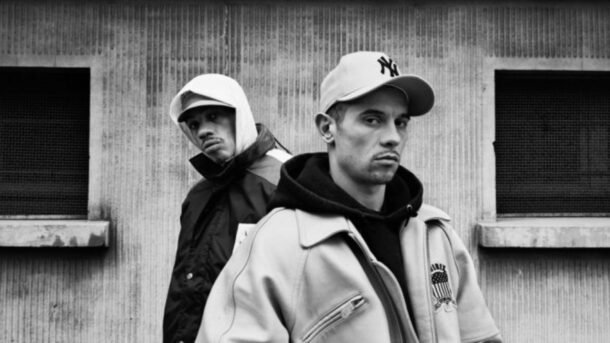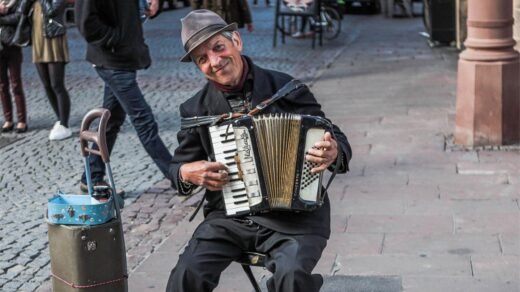|
Getting your Trinity Audio player ready...
|
French rap, a vibrant tapestry of beats, rhymes, and cultural commentary, transcends mere entertainment. It serves as a powerful platform for social and political expression, echoing the voices of marginalized communities and challenging the status quo. Let’s delve into this dynamic world, exploring the potent messages embedded within French music lyrics.

A History of French rap
French rap emerged in the 1980s, mirroring the struggles of immigrant communities facing discrimination and social exclusion. Pioneers like MC Solaar and IAM gave voice to these frustrations, weaving tales of urban realities and social injustices.
The 1990s saw a rise in “gangsta rap,” addressing police brutality, poverty, and the complexities of life in the “banlieues,” the suburbs surrounding major cities. Groups like Suprême NTM and Ministère A.M.E.R. didn’t shy away from confrontational lyrics, sparking debates about censorship and artistic freedom.
The 21st century witnessed a diversification of themes and styles. Female rappers like Diam and Keny Arkana brought feminist perspectives to the forefront, while artists like Kery James tackled issues of globalization and environmentalism. Today, French rap continues to evolve, addressing issues like Islamophobia, police violence, and economic inequality.
Deciphering the Lyrics: Key Themes and Messages
1. Identity and Belonging
2. Social Justice and Resistance
3. Political Commentary
4. Language and Power
5. Empowerment and Hope
Despite the often harsh realities portrayed, French rap offers messages of hope and resilience. Artists celebrate community spirit, individual strength, and the power of collective action.
The Impact of Social Rap
French rap’s influence extends far beyond the music scene. It has:
Empowered marginalized communities
By giving voice to their struggles and experiences, French rap has empowered marginalized communities and fostered a sense of solidarity.
Sparked social dialogue
Lyrics addressing social and political issues have sparked public debate and pushed for social change.
Influenced other art forms
The themes and styles of French rap have influenced other art forms, such as film, literature, and visual art.
Bridged cultural divides
French music has fostered intercultural understanding and appreciation, bridging the gap between different communities.
Conclusion
French rap, with its raw energy and potent messages, serves as a powerful tool for social and political commentary. It gives voice to the unheard, challenges injustices, and inspires hope for a better future. As the music evolves, so too does its impact, ensuring that French rap remains a vital force for change and a vibrant reflection of contemporary society.
You will find the following information useful:




